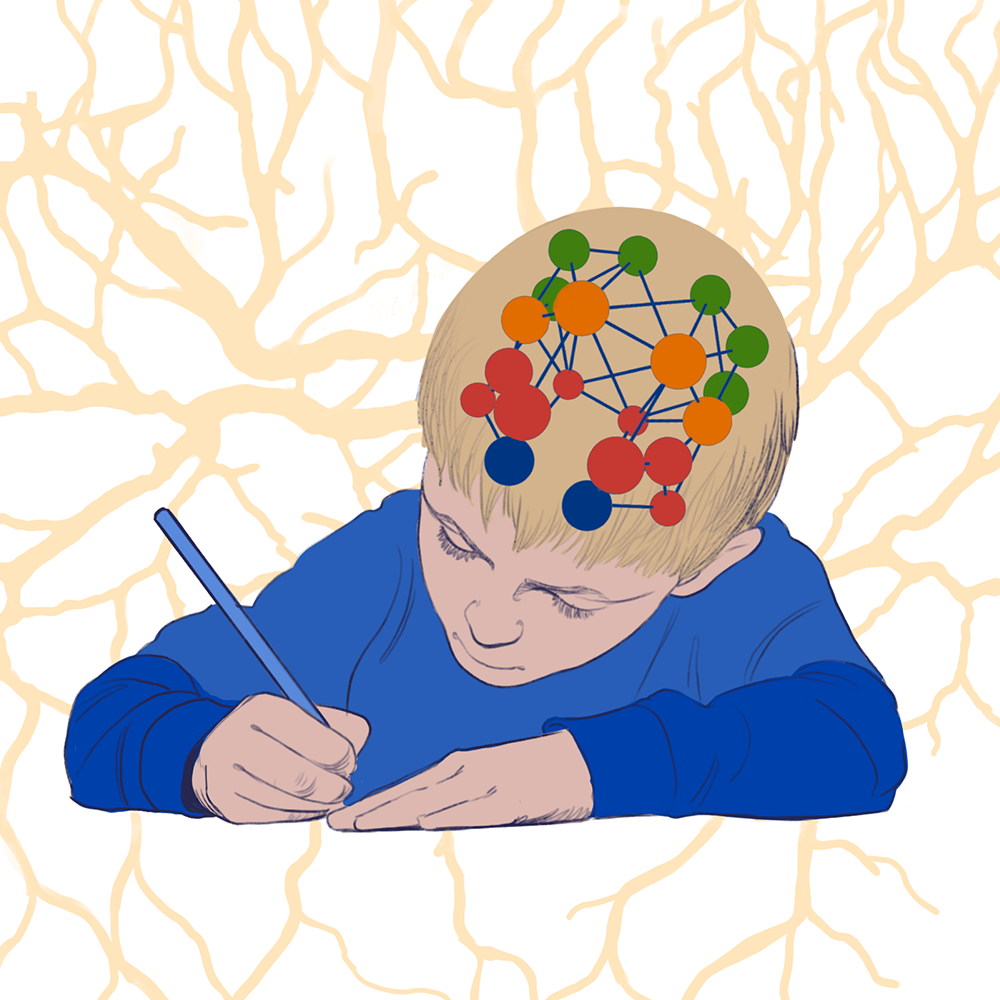From Child to Grown-up: Understand and Foster Learning

Have you ever wondered how you learn? Or why some people show developmental or learning disorders? To answer these questions, we are using, among other things, imaging techniques to investigate how neurons communicate. This should help to better support children and adults in learning.

Healthy development as well as the ability to learn new things and adapt to new situations are central to the progress and cohesion of our society. However, in order to optimally foster these abilities, we need to better understand what happens in the brain during learning. These processes are the focus of our research.
In the University Research Priority Program (URPP) “Adaptive Brain Circuits in Development and Learning”, basic research and research involving humans work hand in hand. We use cell and animal models to understand how neural circuits develop and how gene mutations that have been linked to developmental or learning disorders influence these processes. In both animal models and humans, we use behavioral tests and imaging techniques to investigate how neurons communicate with each other during learning. We also want to find out if and how these processes are impaired in children with learning disorders. This should help improve diagnosis and therapies.
At our booth, you and your children can observe neural circuits of fish and fruit fly larvae, as well as chicken embryos under the microscope. We will explain how we study the formation and function of the nervous system in these and other model organisms. In addition, you can use virtual reality goggles to explore a 3D reconstruction of the neural pathways in the human brain. Kids get to tinker and play: You can make brains out of modeling clay, solve riddles, and learn how we observe the human brain as it creates a word out of alphabet soup.
More information
Want to learn more about our work? Download our brochure (in German) and subscribe to our newsletter.
Study “Learning and language in children’s brains”
We want to know how the brain links information from different senses during learning and how and why this differs in children with and without learning disorders. For this study, we are looking for children to participate so we can better understand learning.
More information and registration (in German)
